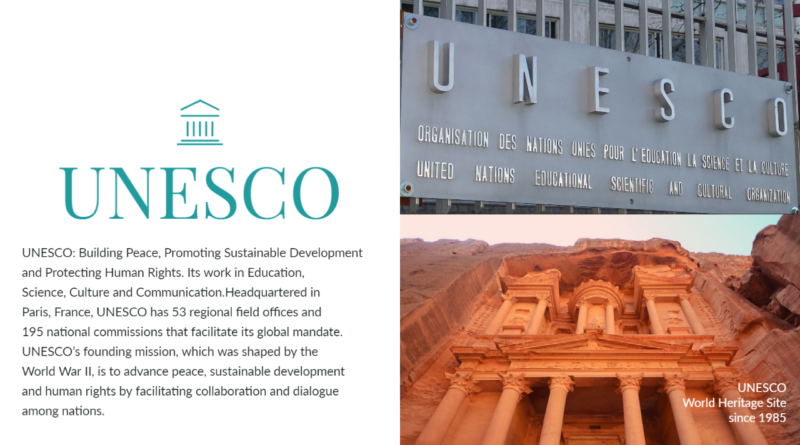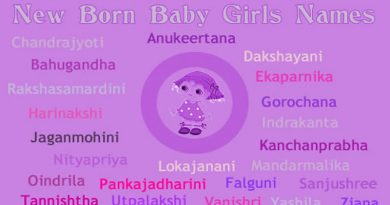Know about UNESCO and its Work in Education, Science, Culture and Communication!
UNESCO: Building Peace, Promoting Sustainable Development and Protecting Human Rights
The United Nations Educational, Scientific and Cultural Organization (UNESCO) was born on 16 November 1945. UNESCO has 195 Members and 8 Associate Members and is governed by the General Conference and the Executive Board.
UNESCO, or the United Nations Educational, Scientific and Cultural Organization, is a specialized agency of the United Nations (UN) aimed at promoting world peace and security through international cooperation in education, arts, sciences and culture. Presently, it has 193 member states and 11 associate members, as well as partners in the non-governmental, intergovernmental and private sector. Headquartered in Paris, France, UNESCO has 53 regional field offices and 195 national commissions that facilitate its global mandate.
UNESCO’s founding mission, which was shaped by the World War II, is to advance peace, sustainable development and human rights by facilitating collaboration and dialogue among nations. It pursues this objective through five major programme areas:
- Education: UNESCO works to ensure that every child and every citizen has access to quality education. It also promotes lifelong learning and the development of skills for the 21st century.
- Natural sciences: UNESCO supports research and capacity-building in the natural sciences, with a focus on climate change, biodiversity and sustainable development.
- Social/human sciences: UNESCO promotes research and policy development in the social and human sciences, with a focus on peacebuilding, conflict resolution and sustainable development.
- Culture: UNESCO works to safeguard cultural heritage, promote cultural diversity and encourage creativity. It also promotes freedom of expression and the right to information.
- Communication/information: UNESCO promotes the free flow of information and the use of information and communication technologies for development. It also works to combat disinformation and promote media literacy.
UNESCO’s work is guided by its Constitution, which was adopted in 1945. The Constitution sets out the organization’s goals, principles and structure. It also defines the rights and responsibilities of member states.
UNESCO’s work is funded by contributions from member states. It also receives funding from private donors and foundations.
UNESCO is a highly respected organization with a long history of achievement. It has made significant contributions to the advancement of education, science, culture and communication. Its work has helped to build peace, promote sustainable development and protect human rights.
Here are some of UNESCO’s most notable achievements:
- The establishment of the World Heritage Convention, which protects cultural and natural heritage of outstanding universal value.
- The development of the Education for All (EFA) goals, which have helped to increase access to education for millions of children around the world.
- The launch of the International Literacy Day, which raises awareness of the importance of literacy for individual and societal development.
- The creation of the Memory of the World Programme, which safeguards documentary heritage of outstanding universal value.
- The promotion of freedom of expression and the right to information.
UNESCO’s work is essential for a peaceful, just and sustainable future. It is an important voice for the values of peace, human rights and cultural diversity.



